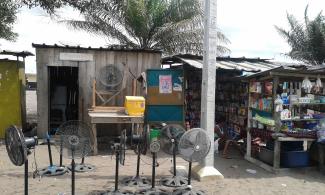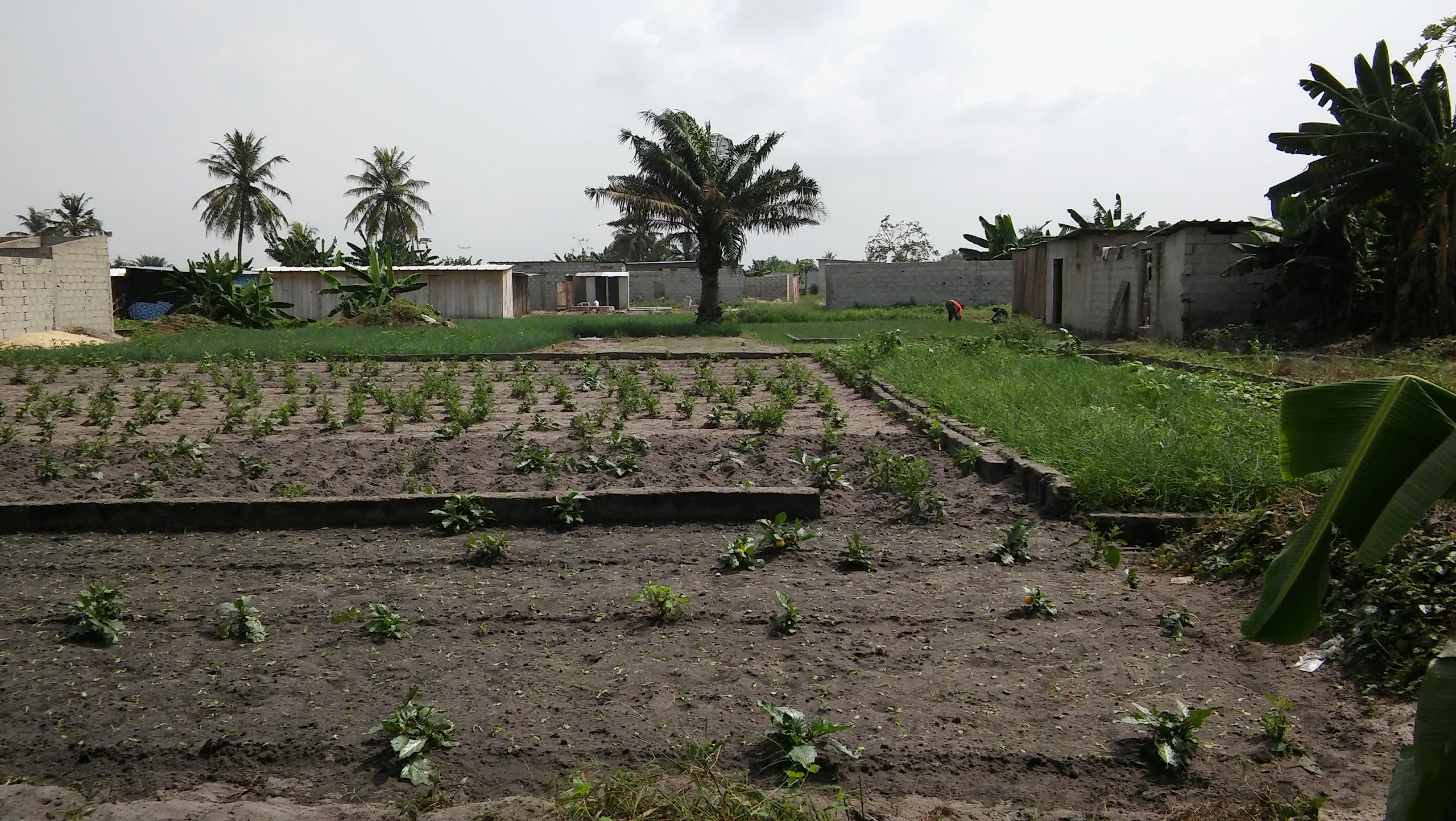Africa
Informal markets in Africa under pressure

Informal work contributes significantly to personal income in African cities. The reasons include a lack of formal employment opportunities and the fact that many people do not meet the requirements for regular jobs. A person’s social background matters very much. People without formal education or registration documents struggle to get legally secure employment.
So they often have no choice but to accept informal employment involuntarily, doing work on the basis of verbal agreements or as day labourers. Some are informally employed by formally registered businesses. Others work for informal enterprises that lack the capital required for registration.
No social protection
The informal sector offers workers relatively easy access to work and a high degree of flexibility. However, it denies social protection, fringe benefits, trade union representation and other improvements regarding labour relations. Many informal workers therefore hope, in time, to cross the divide into the formal labour market, which promises more security as well as higher incomes. In the same sense, informal entrepreneurs hope to formalise their business at some point.
In African cities, activities in the public domain often cannot be clearly assigned to the formal or informal sector. This applies, for example, to the housing market (see my article on www.dandc.eu). One thing is clear, however. Although informal workers often provide important services for society, their status has negative impacts on their lives. This is evident, for example, in Abidjan, the sprawling coastal metropolis of Côte d’Ivoire.
“Urban disorder”
For a number of years, the district government of Abidjan and units of its municipal administrations have been increasingly cracking down on informal markets and unregistered street traders. Entire rows of informal stores have been demolished. In many other West African cities, authorities similarly penalise what they call “urban disorder” or “congestion”. In their eyes, the appropriation of public green spaces, squares and wasteland by informal small businesses is an assault on public order and an anarchic threat to state authority.
The traders take a different view. They claim they are making use of public or unused space in the city to make an honest living, for example as street vendors or craft producers. Even though their small businesses are not registered, many pay market taxes or fees that are collected by municipal staff on site.
Fires occur frequently at informal markets. Some traders suspect this is a ploy to destroy their livelihoods or provide an excuse for evicting them. Few are able to move into new, formally planned and built market halls or shopping streets. The financial hurdles are too high.
Transitional arrangements could help
When an informal market is cleared, the site is sometimes developed under official urban development plans. It may also be fenced off. Sometimes it is converted into a gated green space. Either way, the site ceases to be available for commercial use.
Despite better knowledge and the lessons of long experience, urban planning generally fails to address the traders’ needs. It normally makes no attempt to create suitable sites for their business in public space. It would even help the traders and their employees if the repressive action would stop. Moreover, reliable transitional arrangements for the use of public spaces would make sense.
The legal status of an employment relationship and the degree of social protection it offers are important. Both contribute to better working conditions. In Abidjan and elsewhere, however, large numbers of people obviously work in the informal sector for lack of alternatives. Accordingly, it is important to ensure appropriate sites for informal commerce in the city. Action needs to be taken. Urbanisation is fast increasing across the African continent, so conflicts around space, a scarce resource, will become increasingly more likely too.
Irit Ittner works at the University of Bonn’s Institute of Geography and at the German Institute of Development and Sustainability (IDOS)). She has conducted research in Abidjan since 2017. Her study was funded by the Fritz Thyssen Foundation (10.20.2.003EL).
Irit.Ittner@idos-research.de








